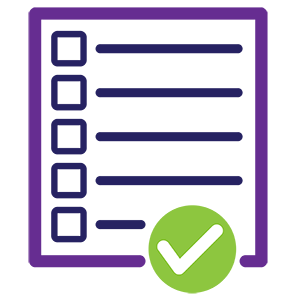15.1 What to Know
What’s your relationship with money?
Perhaps that’s a strange question to you. The fact is everyone has a relationship with money. It comes with all of the emotions present in relationships between people. Children develop their relationships with money by watching how their parents handle and talk about money.
There are three things every good dad does for his children. He provides, nurtures, and guides.
Think about your childhood.
-
What was the relationship your parents had with money?
-
Did your parents often talk about money?
-
How often did your parents fight about money?
-
What did you learn about the value of a dollar (or peso, yen, or euro)?
-
Did your parents teach you to save money, or was their focus on spending all they earned?
Your answers to these kinds of questions form the foundation of your relationship with money. Your view of money might be very much like your parents’, or it might be the polar opposite.
When a dad doesn't have a good relationship with money, he might be up to his eyeballs in debt. He might spend a lot of money on gambling or the lottery. He might spend or save every dollar he earns, failing to balance spending and saving. No matter how good or bad his relationship with money, he will pass his view of money on to his children.



















